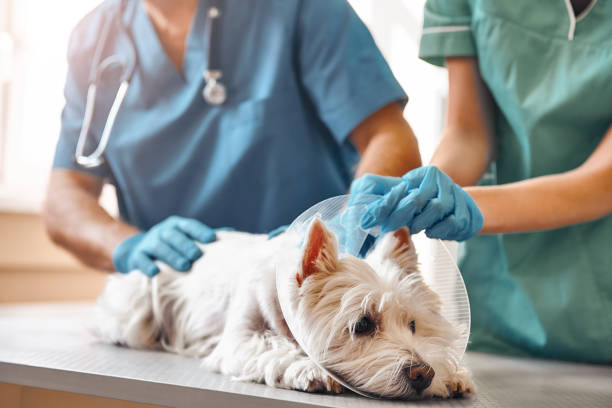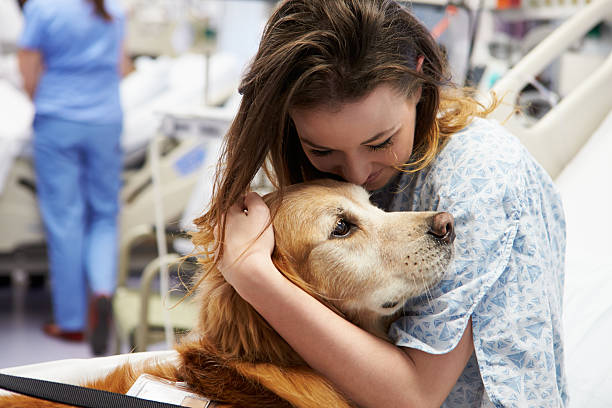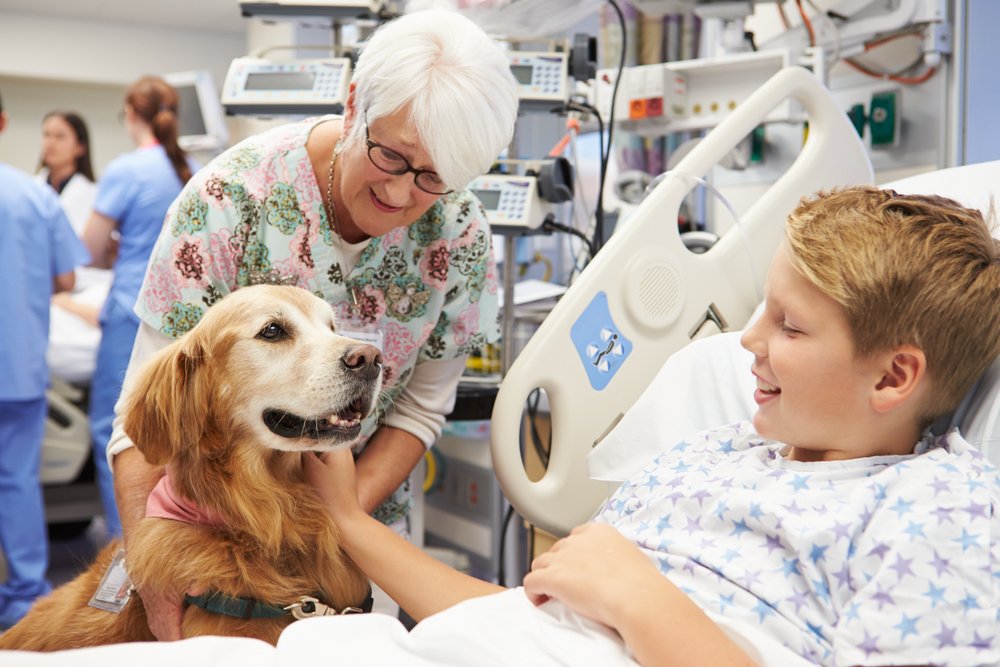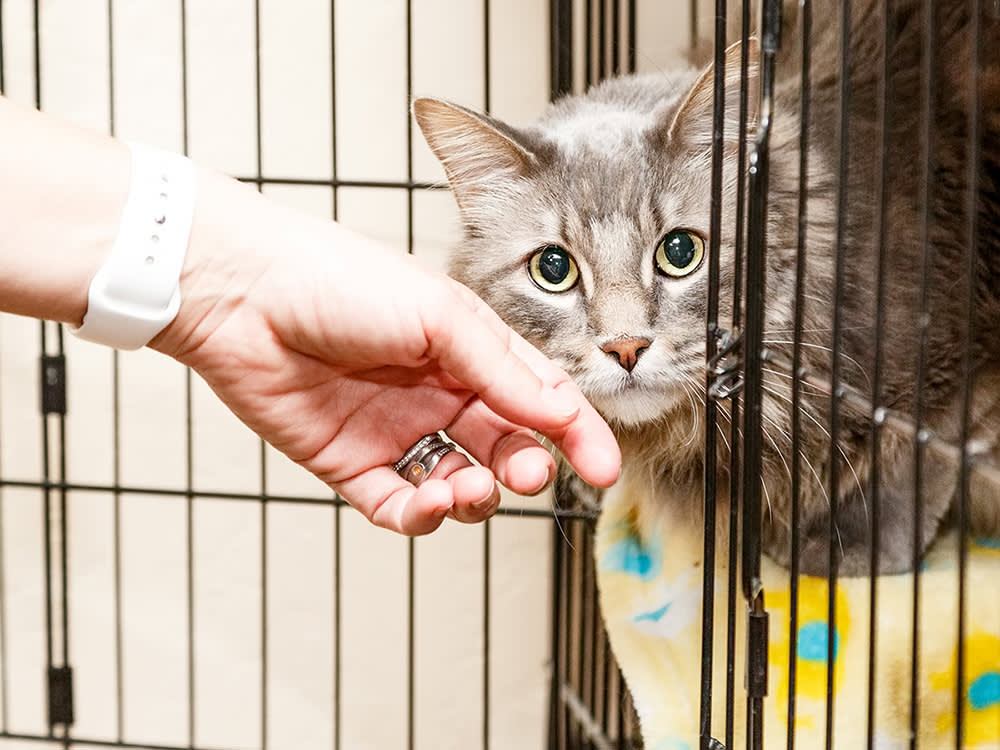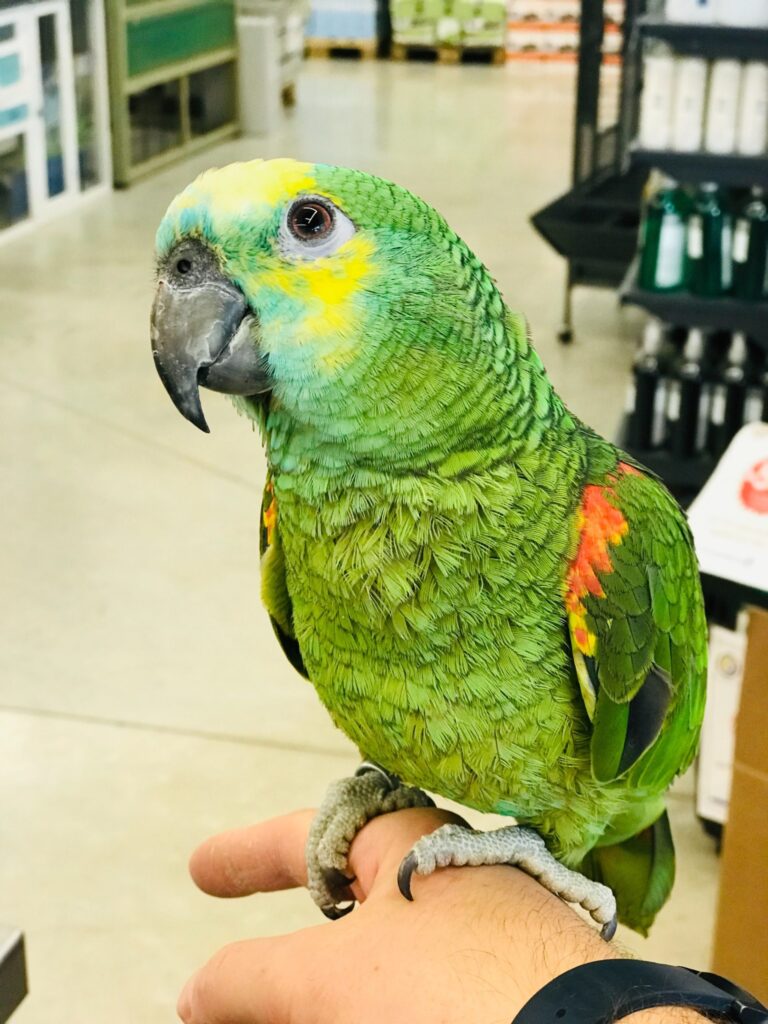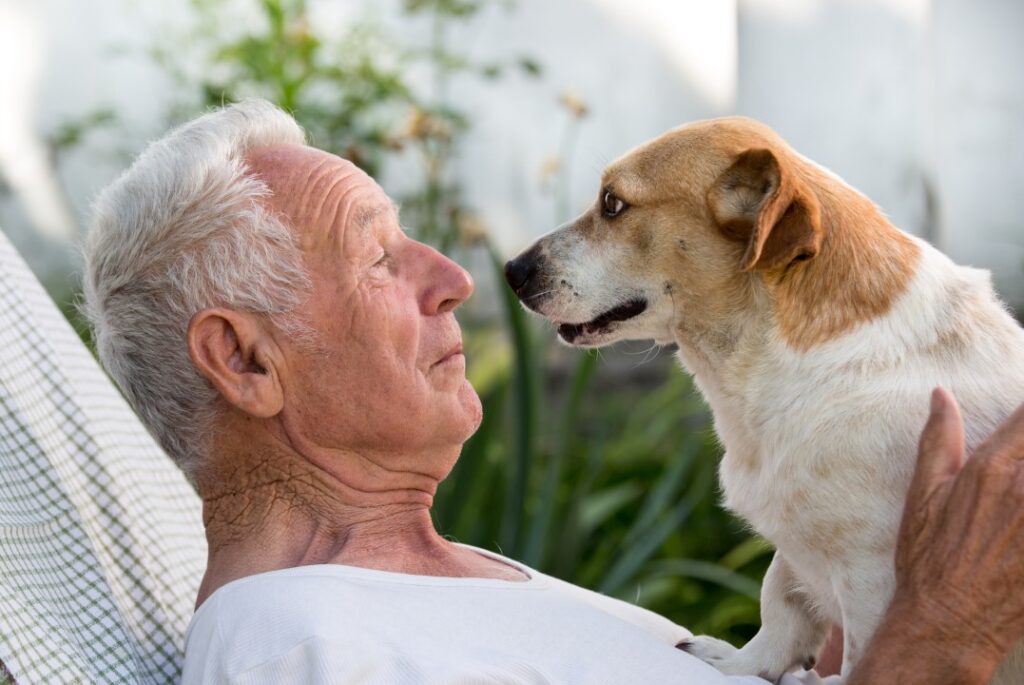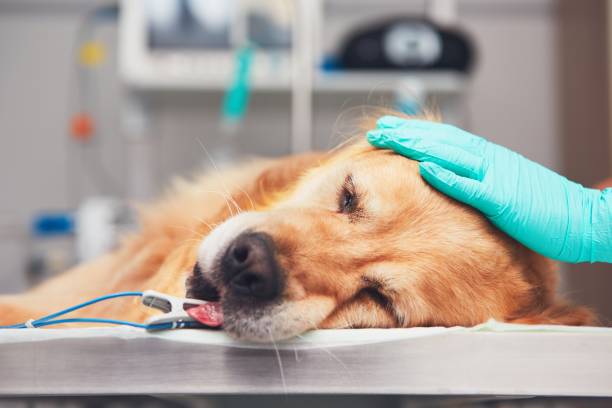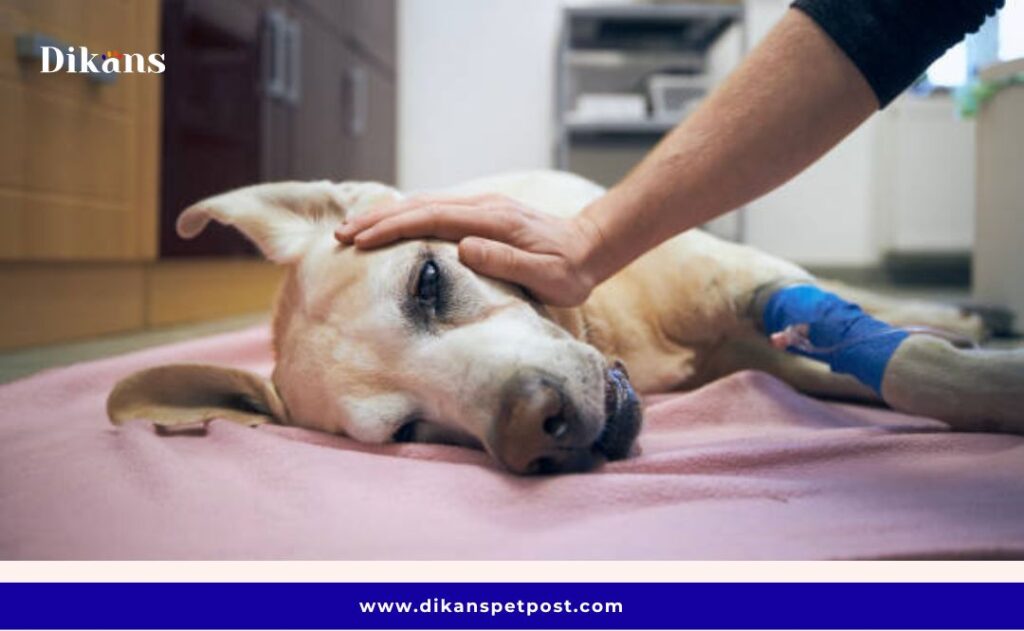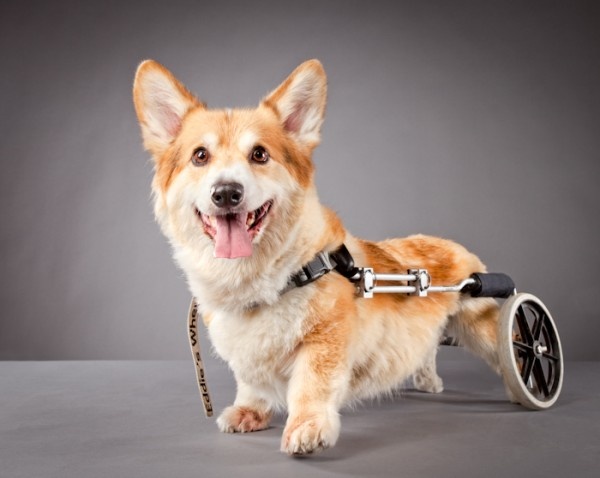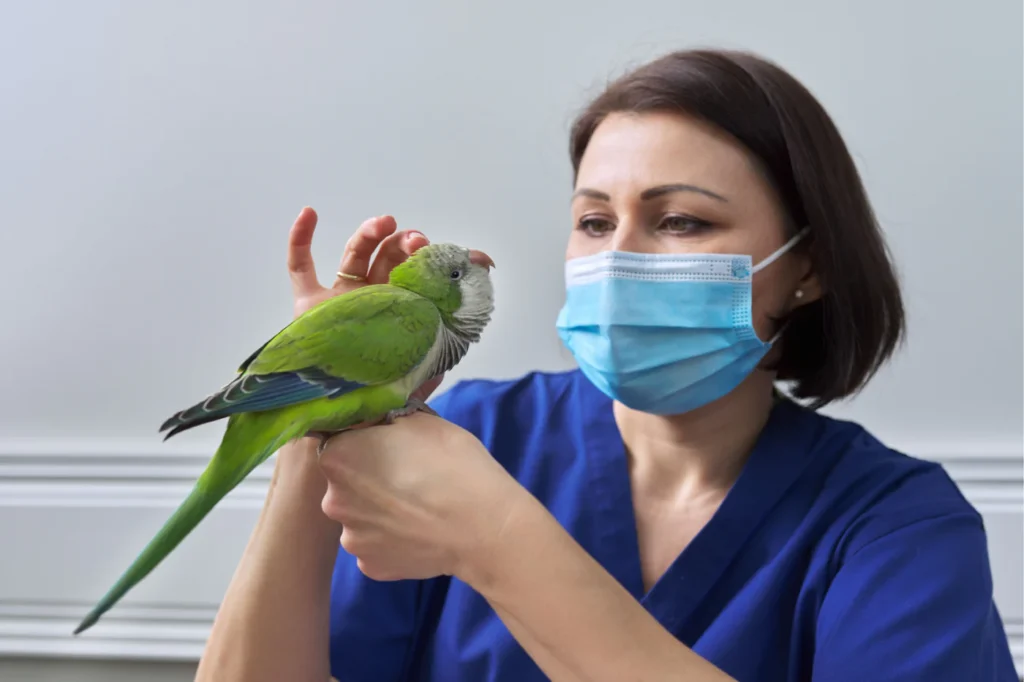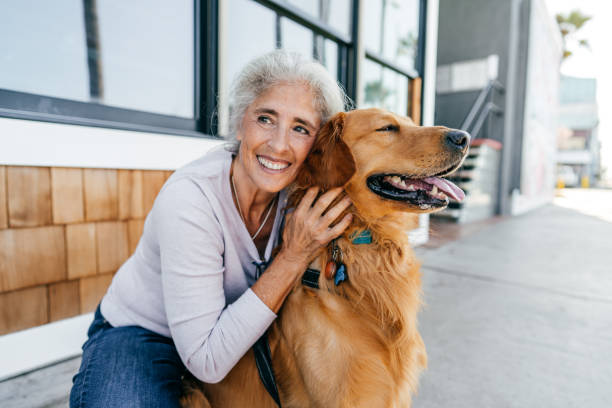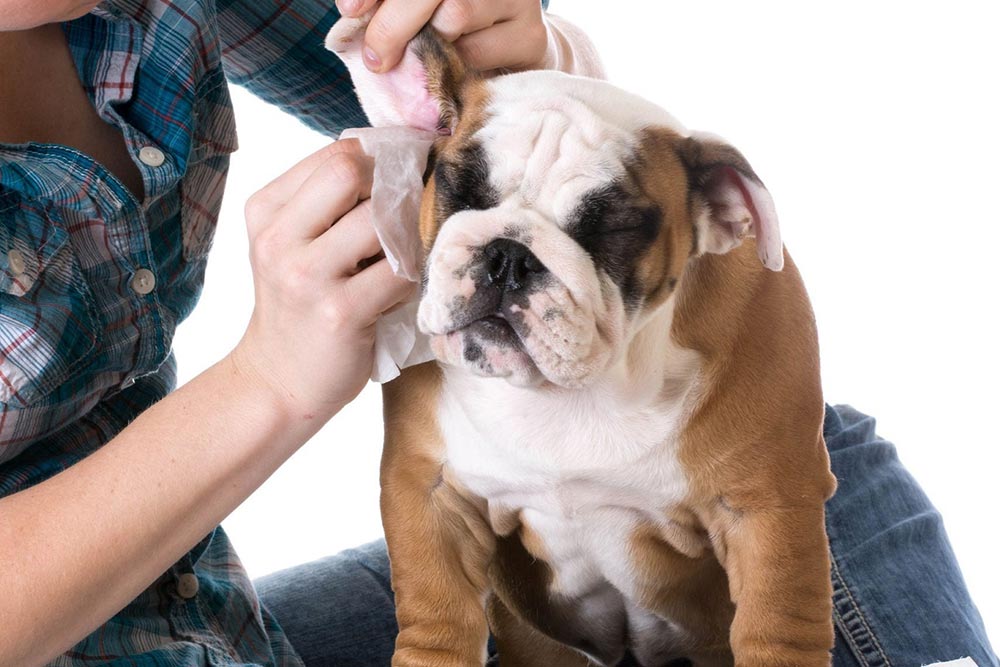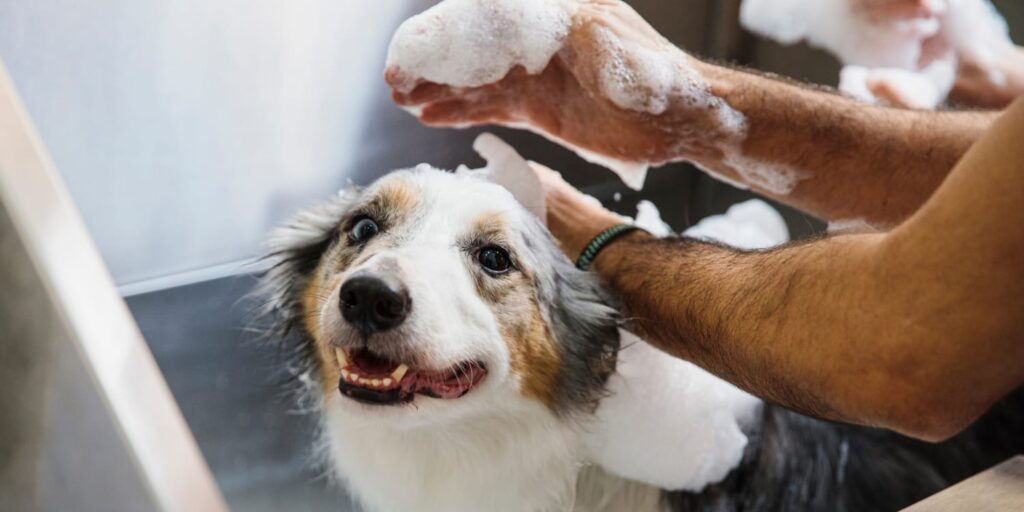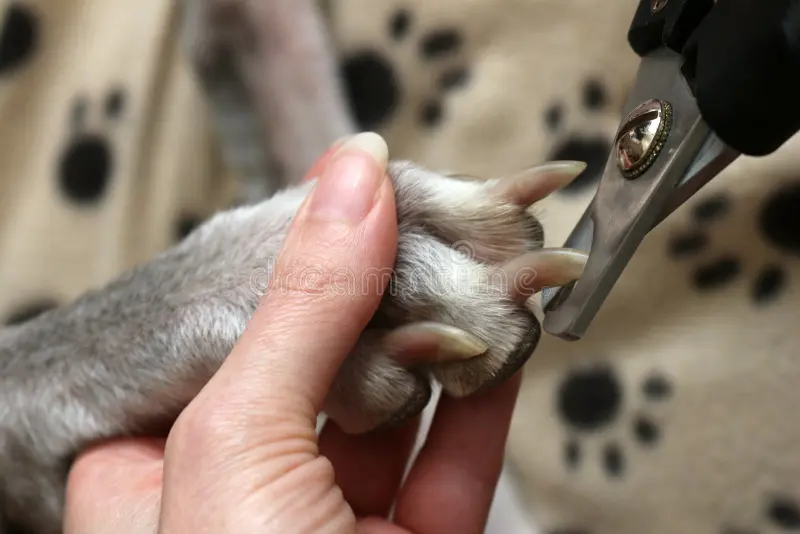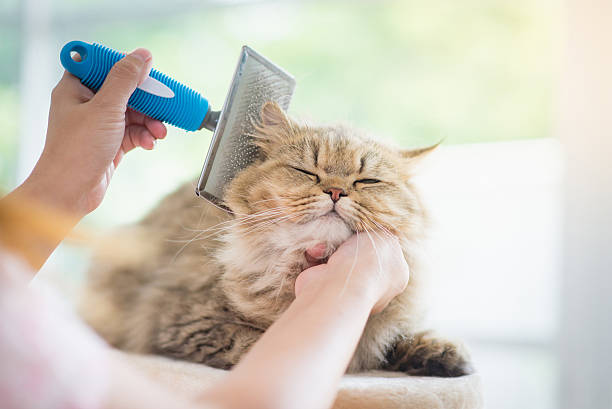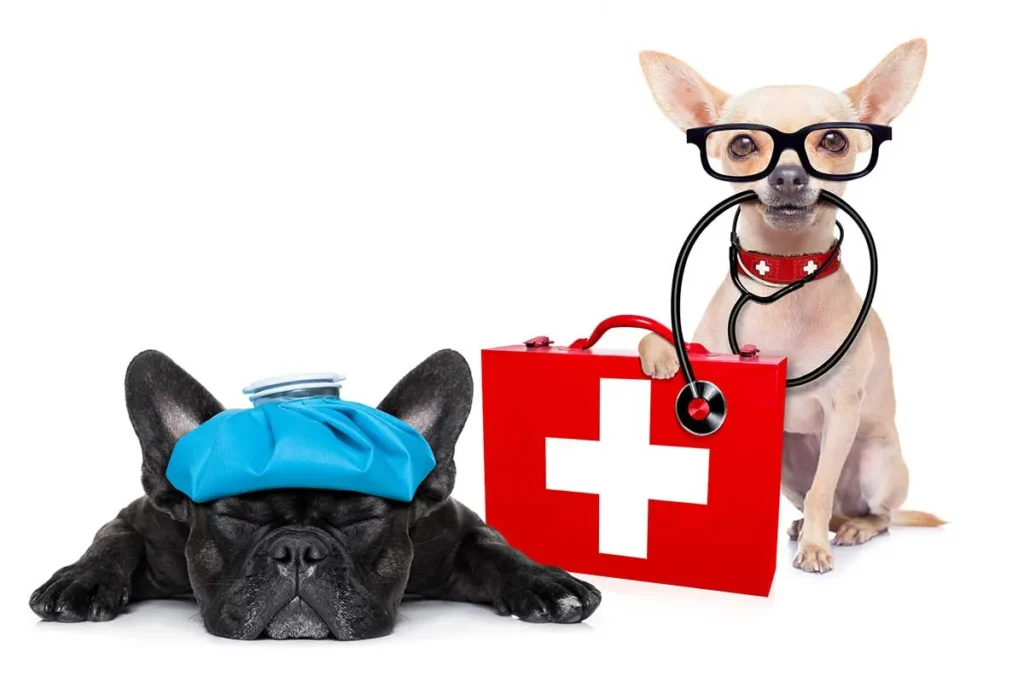Aging Pets – 5 Importance of Regular Check-Ups
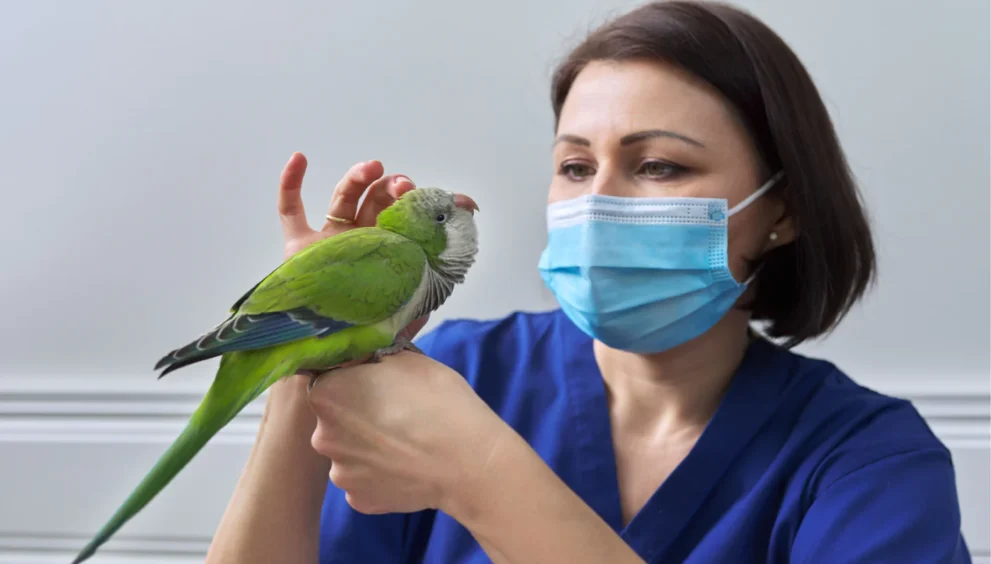
As our beloved pets age, their healthcare needs evolve, requiring more attention and proactive management to ensure their well-being.
Senior wellness exams play a crucial role in monitoring the health of aging pets and detecting potential issues early on.
In this article, we will explore the importance of regular check-ups for aging pets and what to expect during a senior wellness exam.
Why Aging Pets Need Regular Check-Ups
Just like humans, pets are susceptible to age-related health issues, such as arthritis, dental disease, kidney problems, and cancer.
Regular check-ups allow veterinarians to assess your pet’s overall health, detect any changes or abnormalities, and address potential concerns before they escalate into serious health problems.
Common Health Issues in Aging Pets
Aging pets are more prone to certain health issues, including joint pain, mobility issues, dental problems, vision and hearing loss, cognitive decline, and organ dysfunction.
These issues can significantly impact your pet’s quality of life if left untreated, highlighting the importance of proactive veterinary care.
Importance of Regular Check-Ups For Aging Pets
Early Detection of Health Issues
Regular check-ups allow veterinarians to monitor your pet’s health over time and detect any potential health issues early on.
Many diseases and conditions, such as dental disease, arthritis, or even cancer, may not show obvious symptoms in their early stages.
Through routine examinations and diagnostic tests, veterinarians can identify these issues before they progress, increasing the chances of successful treatment and management.
Preventive Care and Vaccinations
Regular check-ups provide an opportunity for pets to receive essential preventive care, including vaccinations, parasite control, and routine screenings.
Vaccinations protect pets from contagious diseases, while parasite control measures help prevent infestations of fleas, ticks, heartworms, and intestinal parasites.
By staying up-to-date on preventive care recommendations, you can minimize the risk of your pet contracting preventable diseases.
Monitoring Changes in Health Status
Pets age more rapidly than humans, and their health status can change quickly over time. Regular check-ups allow veterinarians to monitor your pet’s weight, vital signs, and overall condition to identify any changes or abnormalities.
By tracking trends in your pet’s health over time, veterinarians can detect subtle changes that may indicate underlying health problems or emerging conditions.
Dental Health Maintenance
Dental health is an integral part of your pet’s overall well-being, yet it is often overlooked by pet owners.
Regular dental check-ups and cleanings are essential for preventing dental disease, which can lead to pain, tooth loss, and systemic health problems if left untreated.
During check-ups, veterinarians can assess your pet’s dental health and recommend appropriate preventive or treatment measures to maintain healthy teeth and gums.
Establishing a Relationship with Your Veterinarian
Regular check-ups allow you and your pet to build a relationship with your veterinarian, fostering trust, communication, and continuity of care.
By consistently visiting the same veterinarian for check-ups, you ensure that your pet receives personalized attention and comprehensive care tailored to their individual needs.
Establishing a rapport with your veterinarian also makes it easier to discuss any concerns or questions you may have about your pet’s health and behavior.
Components of a Senior Wellness Exam
Physical Examination
During a senior wellness exam, your veterinarian will conduct a thorough physical examination, evaluating your pet’s body condition, weight, skin and coat, eyes, ears, mouth, heart and lungs, abdomen, musculoskeletal system, and neurological function.
Diagnostic Tests
Depending on your pet’s age, health status, and risk factors, your veterinarian may recommend additional diagnostic tests, such as bloodwork, urinalysis, fecal examination, X-rays, ultrasound, or other imaging studies to assess organ function and detect underlying health issues.
Dental Evaluation
Dental health is crucial for aging pets, as periodontal disease and dental infections can lead to pain, tooth loss, and systemic health problems. Your veterinarian will examine your pet’s teeth and gums, recommend dental cleanings or treatments if necessary, and provide guidance on at-home dental care.
Nutritional Assessment
Proper nutrition is essential for maintaining your pet’s health and vitality as they age. Your veterinarian will evaluate your pet’s diet, recommend appropriate nutrition and dietary supplements tailored to their individual needs, and discuss weight management strategies if necessary.
Preparing for a Senior Wellness Exam
Gather Medical History
Before your pet’s exam, gather any relevant medical history, including vaccination records, previous health concerns or treatments, and information about your pet’s diet, exercise, and behavior.
Make a List of Concerns
Take note of any changes or concerns you’ve noticed in your pet’s health, behavior, or habits, such as changes in appetite, energy levels, mobility, or bathroom habits, to discuss with your veterinarian during the exam.
Bring Previous Medical Records
If your aging pet has seen another veterinarian previously, bring along any medical records or test results from previous visits to provide your veterinarian with a complete picture of your pet’s health history.
Conclusion on Aging Pets – Importance of Regular Check-Ups
In summary, regular check-ups for pets are vital for promoting their health, preventing disease, and ensuring early detection and treatment of potential health issues. When you prioritize preventive care and maintaining open communication with your veterinarian, you can help your pet live a long, healthy, and happy life.




